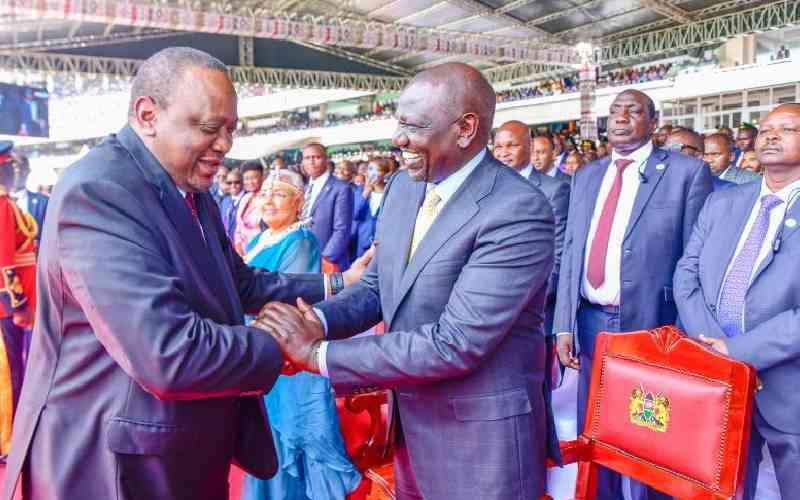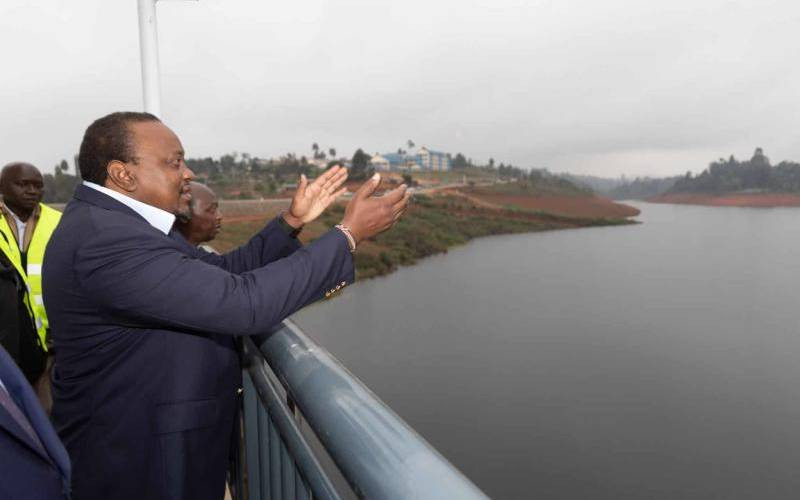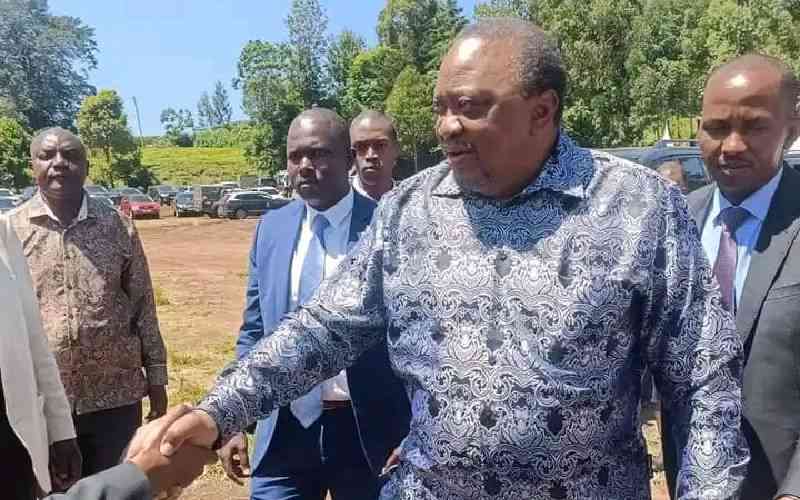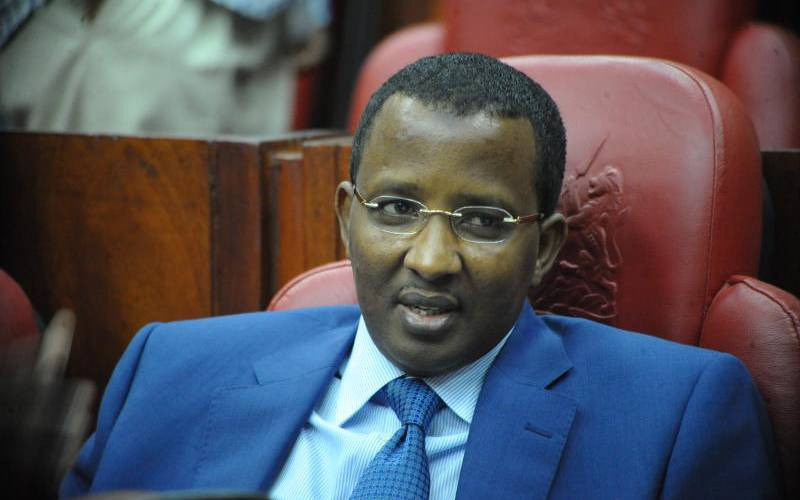Usually, the highlight of national celebrations is the president’s speech. It was the same in the last Madaraka Day two weeks ago, that was held against the backdrop of the Covid-19 pandemic.
In substance, President Uhuru Kenyatta’s speech was one of the most persuasive I have heard in recent times. In it, he gave a historical chronology of how the founders of the nation prepared and imbued the young nation with hope and resilience for the uncertain future, now that matters were in their own hands. The president referred to several documents, including the anthropological monograph authored by Jomo Kenyatta, the founding president, Facing Mount Kenya, and Not yet Uhuru by Jaramogi Oginga Odinga.
Make no mistake, those who wrote the president’s speech in spirit and intention meant well. No one will begrudge the articulation of the achievements of the Jubilee administration. However, the choice of publications like Jaramogi’s autobiography and Kenyatta’s monograph didn’t rhyme. They were really on opposite sides. And, therefore, to use it in one speech creates serious contradiction and questions the intention of the speechwriters even if to reinforce prevailing realities in the political arena.
By all means, Jaramogi’s autobiography was very critical of Jomo Kenyatta’s administration, claiming that despite gaining sovereignty from the British, Kenya remained unfree, with divergence of opinion and opposition discouraged.
Worse still, Jaramogi felt that the spoils from the independence struggle had not spread around to everyone. That all the proceeds of independence had gone to the ruling elite led by former homeguards, and not the real fighters of independence.
History has it that Jomo Kenyatta’s men, including Tom Mboya and Mbiyu Koinange, had stifled pluralism and destroyed the devolution of power and resources. In fact in 1964, Tom Mboya, then a powerful minister, played a central role in restoring a unitary state. This was apparently in response to growing restlessness across the country. Regional groupings, particularly in the Coast and the Rift Valley, even attempted to establish their identity through majimboism but with little success.
Students of history will also question the inclusion of Sessional Paper Number 10 of 1965 in the president’s remarks. To the residents of the ‘forgotten’ northern Kenya, this was akin to opening a can of worms. Titled ‘African Socialism and its Application to Planning in Kenya’, critics were quick to dismiss it then as being “nothing African” and “not socialist enough”.
To residents of northern Kenya, the report became a blueprint on how to unashamedly marginalise whole communities, and a pretext for the failed breakaway of the region from mainland Kenya (1963-67).
Into the fold
Until devolution became a reality in 2013, the northern region was lagging in all human development indices, including maternal healthcare, education, disease, poverty and infrastructure. The chances of a breakthrough diminished as the years went by, and soon the Northern Frontier became the epitome of what ‘not yet uhuru’ meant. As investment opportunities dried up and as people stayed away, there was growing danger that the NEP would become fertile ground for lawlessness and armed conflict, including as a safe haven for terror groups.
Though sprinkled with silvery words … “mutual social responsibility is an extension of the African family spirit to the nation as a whole, with the hope that the same can be extended to the rest of the country”. This became a mirage to the communities of the north.
Until 2013. Devolution then ushered in a new dawn and a new beginning. Things are looking up still.
So much good is going on unreported. No doubt, there is renewed interest in the region. For example, the North and North Eastern Development Initiative will invest Sh2 billion in the region and more. Schools, hospitals, boreholes, roads and airports are coming up.
With two years remaining in his term, President Kenyatta can still reassure the people of northern Kenya that he understands their plight. Sessional Paper Number 10 might just have been an oversight and the speechwriters did not want to make the president look insensitive, but ....
-Mr Guleid, former deputy governor of Isiolo County, is CEO of FCDC Secretariat. [email protected]
Stay informed. Subscribe to our newsletter
 The Standard Group Plc is a
multi-media organization with investments in media platforms spanning newspaper
print operations, television, radio broadcasting, digital and online services. The
Standard Group is recognized as a leading multi-media house in Kenya with a key
influence in matters of national and international interest.
The Standard Group Plc is a
multi-media organization with investments in media platforms spanning newspaper
print operations, television, radio broadcasting, digital and online services. The
Standard Group is recognized as a leading multi-media house in Kenya with a key
influence in matters of national and international interest.
 The Standard Group Plc is a
multi-media organization with investments in media platforms spanning newspaper
print operations, television, radio broadcasting, digital and online services. The
Standard Group is recognized as a leading multi-media house in Kenya with a key
influence in matters of national and international interest.
The Standard Group Plc is a
multi-media organization with investments in media platforms spanning newspaper
print operations, television, radio broadcasting, digital and online services. The
Standard Group is recognized as a leading multi-media house in Kenya with a key
influence in matters of national and international interest.








